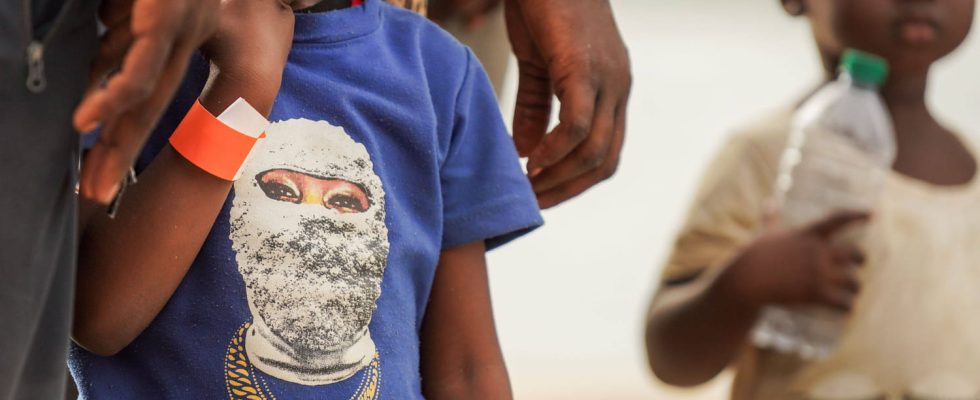These children, including vulnerable girls, face considerable difficulties in France. They sometimes experience human tragedies.
The figure, revealed at the beginning of September, is cause for concern. 14,782 minor migrants arrived in France in 2022. Nearly 15,000 children who have the particularity of having been welcomed alone, without any parent by their side. This colossal figure is more than 30% higher than the number of unaccompanied minors (UMAs) taken care of by child welfare services the previous year. If more than two thirds of them are aged 16 or over, according to the annual report of the National Mission for unaccompanied minors (MMNA) of the Ministry of Justice, some are barely more than 10 years old. And all of them are more vulnerable than other refugees.
For these minors, insecurity is omnipresent. It is often violence, whatever it may be, that pushes them to migrate. Ivory Coast and Guinea are the two main countries of origin of these young migrants since 34% of unaccompanied minors arriving in France come from one of these two countries. Tunisia, Mali, Afghanistan, Algeria and others follow. But other violence takes over during migration and continues once they arrive at their destination, in Europe.
Human trafficking, which can take the form of sexual exploitation, domestic servitude or coercion to commit crimes, is one of the worst scourges capable of trapping unaccompanied minor migrants. Traffickers may approach their minor victims during their travels, but some “come to recruit [les mineurs] directly near the French child welfare centers” warns the MMNA.
Children without sufficient protection
Young girls, who represent 6.8% of minors arriving in France in 2022, are particularly victims of these traitorous human beings. Many migrate to flee violence, whether “female sexual mutilation, forced marriage and/or domestic or intra-family violence”. Abuse that recurs in the testimonies of migrants from different countries: Ivory Coast, Guinea, Democratic Republic of Congo and Albania.
But migratory routes and host lands are not always synonymous with security. The increased arrivals of migrants have put pressure on French reception centers and departmental child protection systems. The latter say they lack accommodation to accommodate minors in suitable places with sufficient health and medical resources. Result: minor migrants find themselves wandering and can be victims of human trafficking because they are defenseless or resourceless. Once caught in these networks, few complain to the authorities, for fear of being sent back to their country of origin.
A study by the Assistance publique-Hôpitaux de Marseille and the faculty of medicine of Aix-Marseille published on September 8 in the journal The Lancet shows that out of 273 refugee women interviewed, more than one in four were victims of sexual violence during their last twelve months on French territory. These migrant women run an eighteen times greater risk of being victims of rape than French women. A worrying situation which calls for an immediate response indicates Anne Desrues, sociologist and investigator for the study at World : “Sexual violence is a reason for departure, an imponderable part of the migratory journey, and a crime from which we do not protect them in France.”
